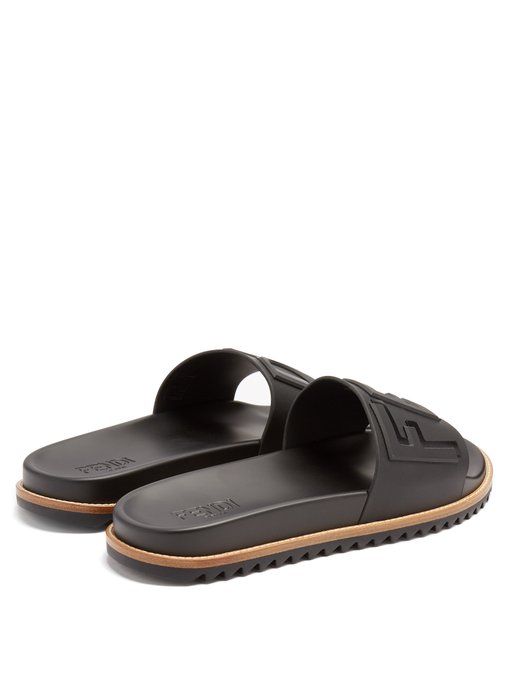

That’s surely a good point.īut I wonder whether it misses another constitutional issue: don’t judges need to control the reach of the power to punish those who impede the administration of justice? If Parliament defines what sorts of behaviour might threaten the administration of justice, Parliament can change those definitions. The Commission says that there’s a constitutional issue here: Parliament should set the parameters of the criminal law the judges’ role it to interpret the criminal law, not create it. It’s the only crime that remains defined by judges not Parliament. This is because the law of contempt is largely not a creature of statute. In general the Commission favours codifying the law. They think we should dump the vexed distinction between civil and criminal contempt. They suggest that when someone commits contempt in the face of the court, they should have the right to a hearing before another judge if they are to be punished beyond locking them up for the day. They think we should jettison the ancient offence of scandalising the judiciary. Many of the (preliminary) recommendations strike me as entirely sensible. It is alive to the challenges created by burgeoning technology, the needs of the modern media and the signficance of freedom of expression in discussing the courts. It provides an excellent summary of the existing law. It is grounded in principles, which are set out. It’s a thoughtful and generally thorough paper and contains much to admire.
#FENDI CLAQUETTE TRIAL#
It covers changes to the sub judice rule (under which you can be punished for publishing something that interferes with fair trial rights), scandalising the judicary (under which you can be punished for suggesting judges are biased or corrupt), contempt in the face of the court (under which you can be punished for disobeying a judge’s instruction or throwing a dead cat at him or her), civil contempt (under which you can be punished for disobeying court orders), and rules regarding jurors (under which they can be punished for googling the defendant or tweeting their views during a trial and the media can be punished for seeking to interview them afterwards). The Law Commission has released its discussion paper on contempt of court.
#FENDI CLAQUETTE FREE#
When free speech creates disorder or hate.NZME admits it misled listeners by buying into Trump’s ridiculous election fraud claims – but BSA somehow finds broadcasting standards not breached.


 0 kommentar(er)
0 kommentar(er)
